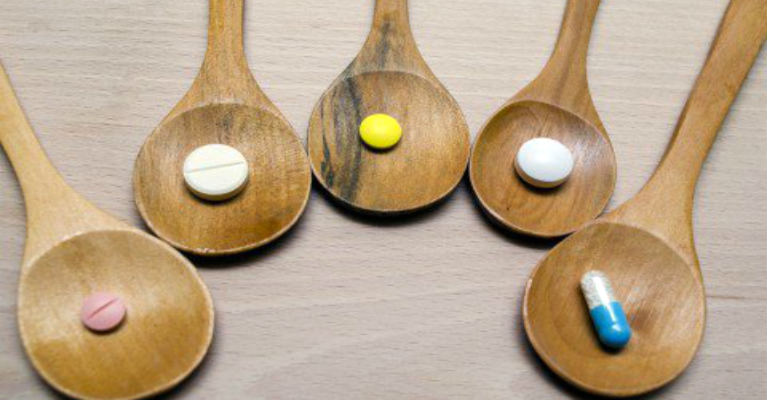Turmeric is one of the most beneficial natural ingredients, and its numerous helpful properties make it a perfect replacement for common drugs in the treatments of multiple different illnesses.
In India, the ground-up root of this plant has been used as a culinary spice, as a medicine, and in ceremonies for over four thousand years.
Most of the beneficial properties of turmeric are due to its active ingredient, curcumin, which has potent anti-inflammatory, anti-carcinogenic, anti-oxidant, and anti-thrombotic properties.
However, it might lead to some negative effects on health if used in a combination with other drugs or if in excessive amounts.
Sometimes, the use of turmeric might cause allergic reactions, like outbreaks such as rashes or hives, shortness of breath and anaphylaxis.
It also interacts with diabetes medications, which lower the blood sugar, as it boosts their effects and might raise the risk of low blood sugar. This often leads to side–effects, like shakiness, blurred vision, delirium, anxiety, and impaired cognitive function.
There are also cases when its beneficial properties become dangerous. For instance, if combined with blood-thinning medicines, like aspirin, warfarin (Coumadin, or clopidogrel (Plavix), it boosts its effects, and due to its anti-thrombotic property, it might elevate the risk of bleeding.
You should not take turmeric when you are taking drugs that reduce stomach acid as well, such as Ranitidine (Zantac), Omeprazole, Cimetidine (Tagamet), and Famotidine (Pepcid), since the body will actually boost the production of stomach acid, and cause bloating, nausea, stomach pain, and esophagus damage.
Therefore, if you take some of these medications, or you experience an allergic reaction, you should either reduce the amount of turmeric you consume or replace it with some other natural alternative.
Sources:
www.healthandlovepage.com
